Trending Now
Thursday, Nov, 2024
Home / More International STEM Students Will Be Awarded 03 Year OPT's: US
More International STEM Students Will Be Awarded 03 Year OPT's: US
The Optional Practical Training programme (OPT) in the United States is expanding to allow more overseas students...
 by Sukanya Prabhakar /
by Sukanya Prabhakar /  08 Feb 2022 12:48 PM IST /
08 Feb 2022 12:48 PM IST /  0 Comment(s) / 355
0 Comment(s) / 355

The Optional Practical Training programme (OPT) in the United States is expanding to allow more overseas students – in more STEM-related fields of study – to stay in the country for three years after graduation, starting immediately.
The Departments of State and Homeland Security (DoS and DHS) are leading this expansion, as well as a number of other policy changes, to "advance predictability and clarity for international STEM students, researchers, experts and scholars to contribute to innovation and job creation efforts across America," according to the US administration.
Concerns in the United States are growing concerning China's quick progress in cultivating STEM talent, prompting a new drive to increase work and immigration options for STEM students.
22 new STEM fields have been added:
F-1 students can now apply for three years of OPT after graduation in 22 new fields of study, as described in this Federal Registry notice. Climate change and environmental protection, as well as data sciences and analytics, are among the new topics of study. The 22 fields were picked from a total of 97 nominations, and the American public can continue to suggest new subjects of study for consideration.
STEM students and graduates on J-1 visas are also eligible:
There's also some positive news for J-1 (exchange) STEM students: The Bureau of Educational and Cultural Affairs (ECA) of the Department of State is conducting a two-year project (2021/22 and 2022/23) that will allow degree-seeking J-1 students and graduates in STEM disciplines to stay in the United States for three years. For J-1 students, the previous cap was 18 months of work allowance.
In addition, the US Department of State's Bureau of Educational and Cultural Affairs (ECA) has announced a "Early Career STEM Research Initiative" to assist non-immigrant...exchange visitors coming to the US to engage in STEM research through research, training, or educational exchange visitor programmes with the US Department of State.
O-1A eligibility standards that are more lenient:
The government is also seeking to make it simpler for STEM grads and other non-immigrants to stay in the United States on an O-1A visa (which is intended for "those of remarkable ability" in specific fields). The Department of Homeland Security has issued a change to its advice on how applicants for O-1A visas would be considered in the future:
"The new update includes examples of evidence that may meet the O-1A evidential standards as well as discussion of factors to consider when evaluating such evidence, with a focus on the highly technical nature of STEM areas and the complexity of evidence frequently provided."
Getting Green Cards is a lot easier now:
Most applicants will need employer sponsorship to obtain a Green Card, unless they are granted a "national interest waiver," which permits them to apply for their Green Card on their own based on "special abilities." Foreigners with extraordinary STEM talents and skills are now prioritised for obtaining a national interest waiver, effective immediately.
China-related concerns:
Concerns in the United States are growing concerning China's quick progress in cultivating STEM talent, prompting a new drive to increase work and immigration options for STEM students.
According to a report issued this year by Georgetown University's Center for Security and Emerging Technology (CSET), China is already surpassing the United States in terms of STEM PhD graduates, with China producing twice as many by 2025. "Between 2016 and 2019, the number of students attending STEM doctoral programmes at Chinese universities climbed over 40%, from 59,670 to 83,134," according to the research.
Furthermore, the Chinese institutions from which STEM graduates emerge are frequently of high quality. China's most prestigious universities are known as "Double First Class" (DFC) institutions, and there are 42 of them.
These organisations receive the highest financing, and the Chinese government has a significant financial stake in them. The majority of them are in the top 500 worldwide, with half of them in the top 200. And here's where the graduates' quality comes into play.
According to the Georgetown University analysis, "only under half of all Chinese PhD graduates have come from "Double First-Class" universities," with many more coming from the following class of universities (where quality and funding are also high).
It's a critical issue:
China's rapid rise in producing graduates ready for scientific and data-driven innovation contrasts with a multi-year pattern in the United States of limited increase (or even decline) in the number of overseas students enrolling in American schools. This has ramifications for STEM innovation, given that 54% of international students study STEM areas, with engineering (21%) and math and computer science (14%) being the most popular (20%).
Sustaining the momentum:
According to a study conducted by the IIE in 2021, 860 colleges reported a 68% increase in foreign student commencements in the autumn of 2021, compared to a 46% reduction in the fall of 2020. Last summer, the US government issued a joint statement stating that this goal was a "foreign policy imperative," and that it was working to encourage the growth of overseas enrolments once more.
Conclusion:
Eligibility for the US's popular Optional Practical Training (OPT) programme will be increased, in line with President Biden's declared foreign policy goal of encouraging international education and enrolment. Students from a broader range of STEM fields will be eligible to participate in the programme.
In addition, the government is making it easier for international STEM graduates to obtain Green Cards. Given China's significant investment in STEM and scientific innovation, experts believe it is critical for the United States to keep up.

EShort / February 16, 2024
IMS Noida Admissions 2024: Apply for UG, PG programmes

EShort / February 16, 2024
GATE 2024: Response sheet out

EShort / February 16, 2024
BSSTET 2023: Admit card released

EShort / February 16, 2024
NID DAT 2024: Prelims result released

EShort / February 16, 2024
IIT JAM 2024: Response sheet released

Jobs / February 16, 2024
UPSC Recruitment Drive 2024: Apply for 120 vacancies in various departments

EShort / February 14, 2024
UPSC CSE 2024: Official Notification issued; application process begins

Editor's Desk / April 17, 2020
How Does Society Impact Our Education?
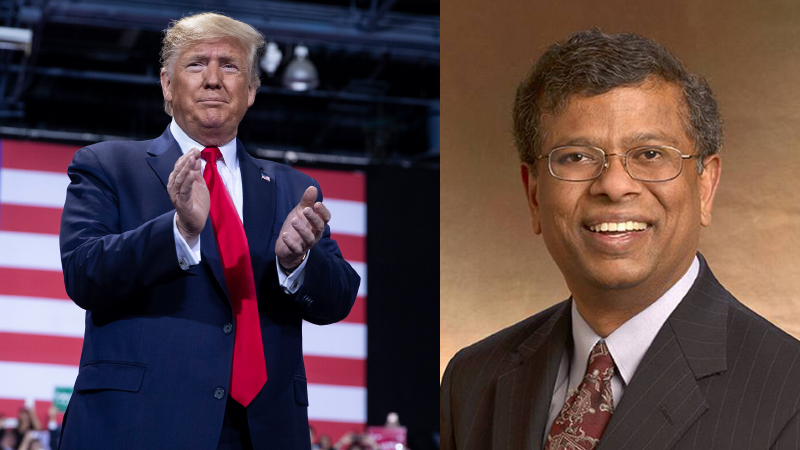
Current Affairs / April 22, 2020
Mr. Sudarsanam Babu appointed to U.S. Science Board.
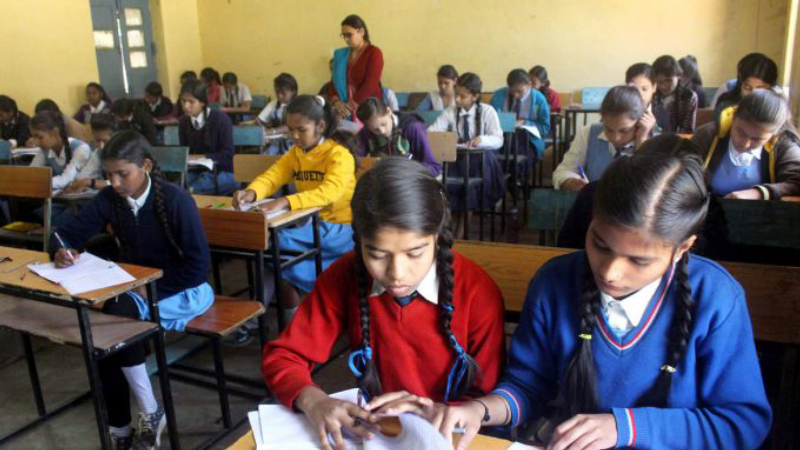
Reforms / April 17, 2020
Traditional Structure of Education In India
.jpg)
Events & Seminars / April 17, 2020
PISA!!
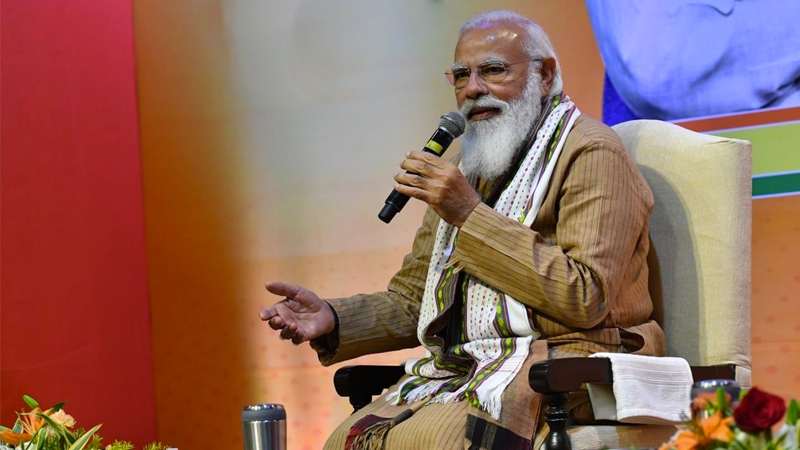
Blog / February 26, 2021
Government's Action On #ModiRojgaarDo

EShort / May 19, 2022
CUET PG 2025 has started the registration process.

Notice Board on Important Dates / April 21, 2020
World Heritage Day

News / July 08, 2021
JEE Mains Registration For Session 3: Last Date To Apply

EShort / December 14, 2021
UPSC Declared Final Result For DCIO Recruitment


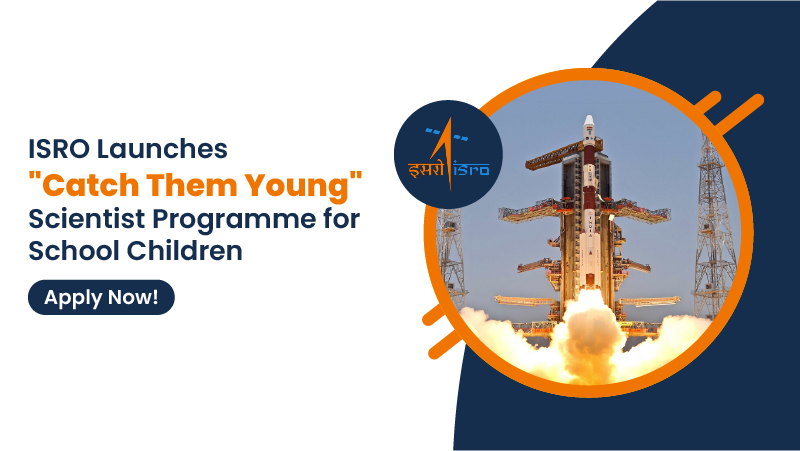
 Program 2024 for Financially Disadvantaged Students-02.png)
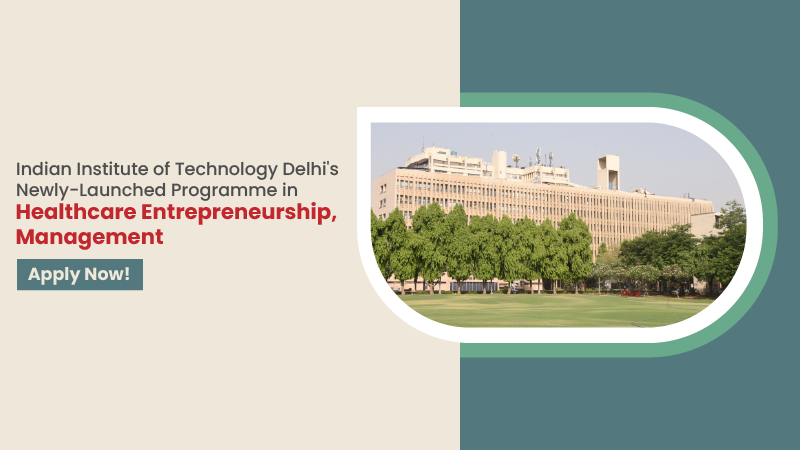
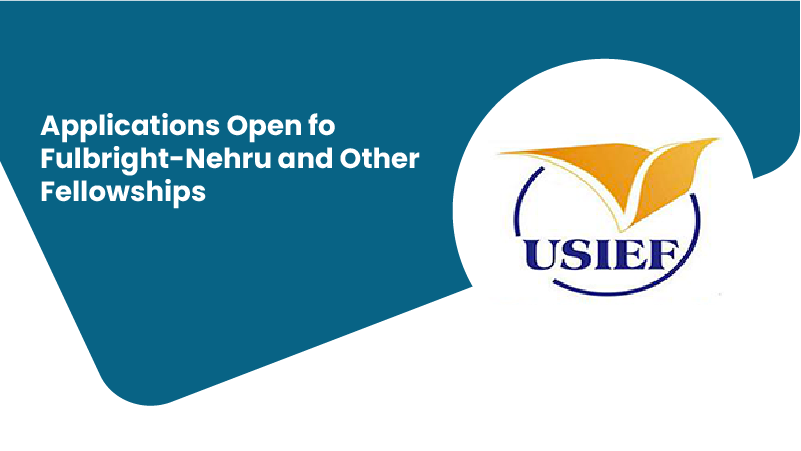
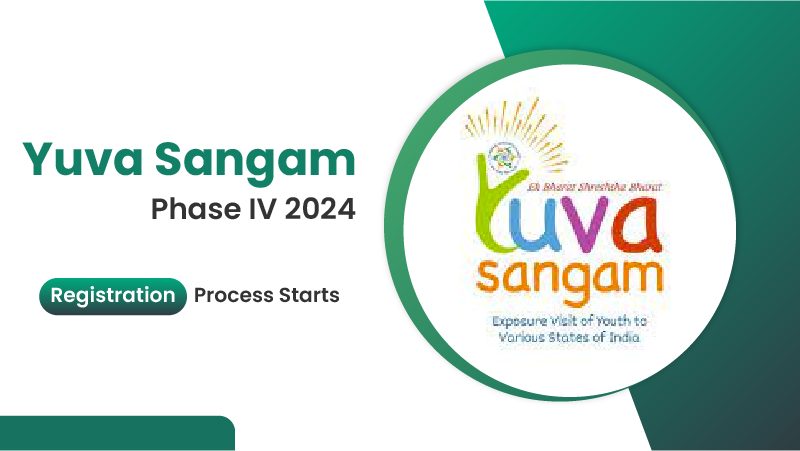



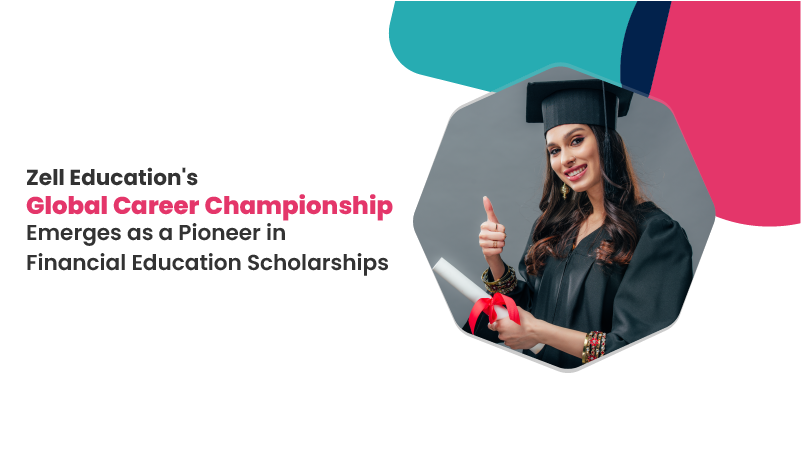

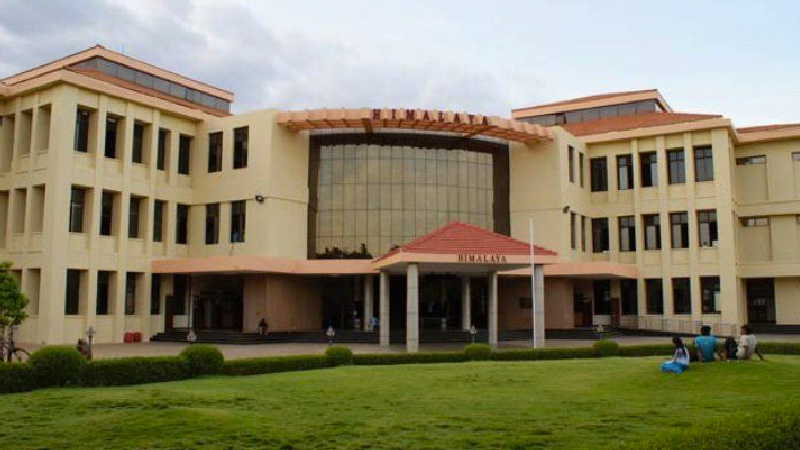
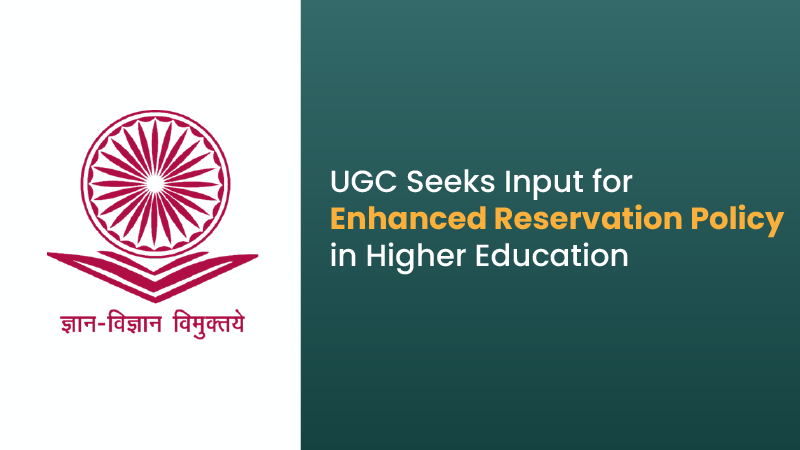
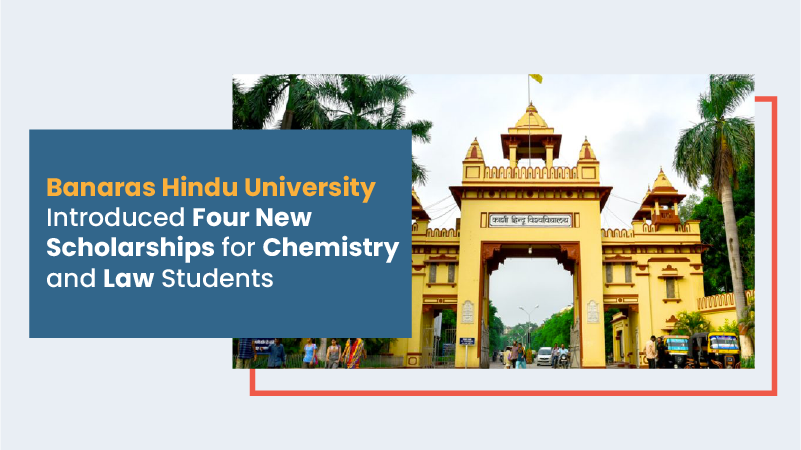
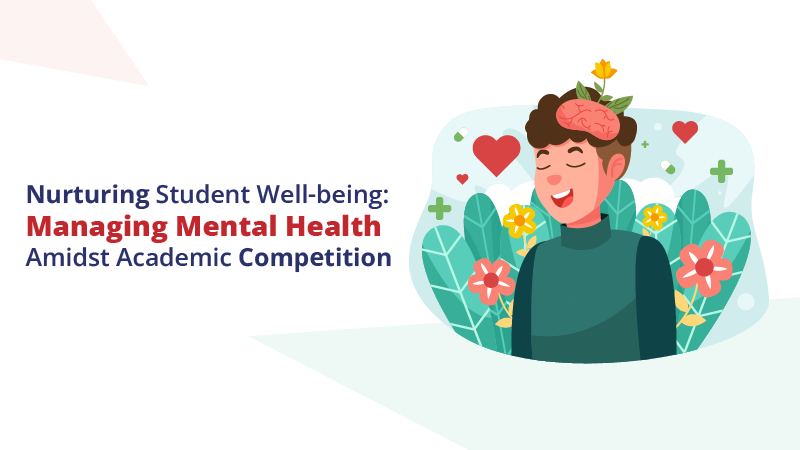
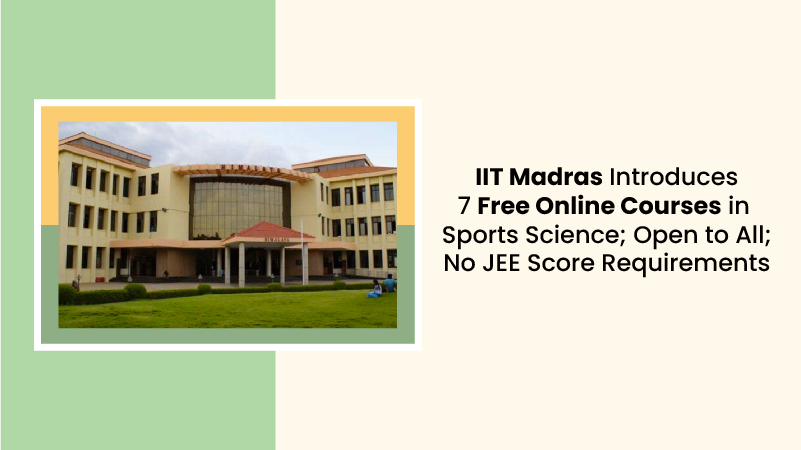


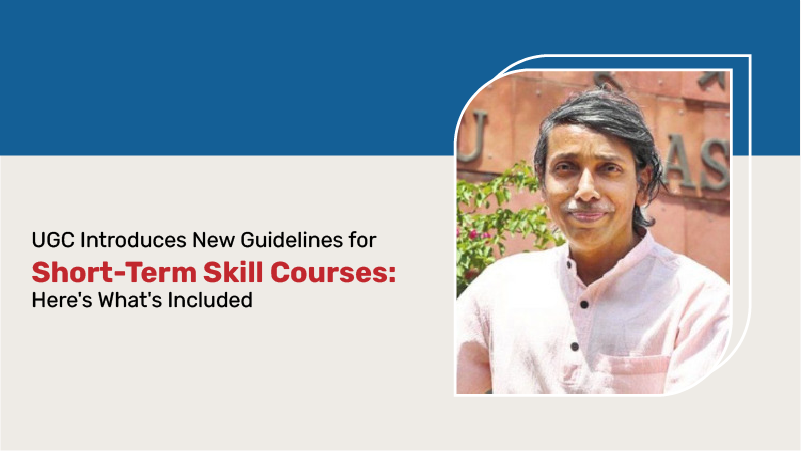
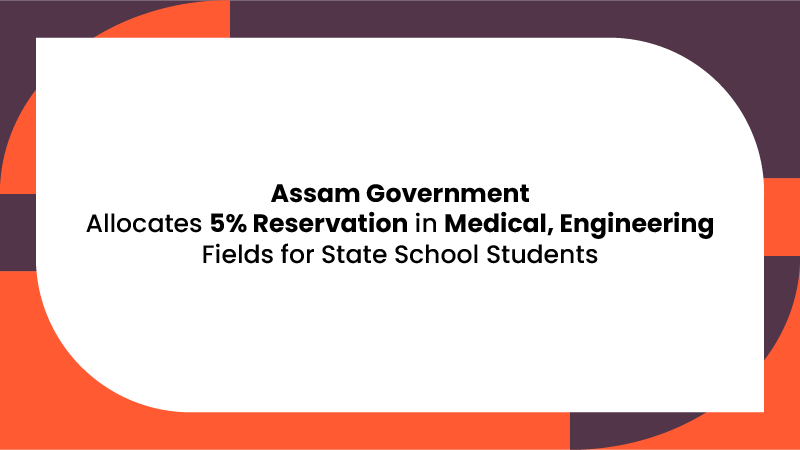

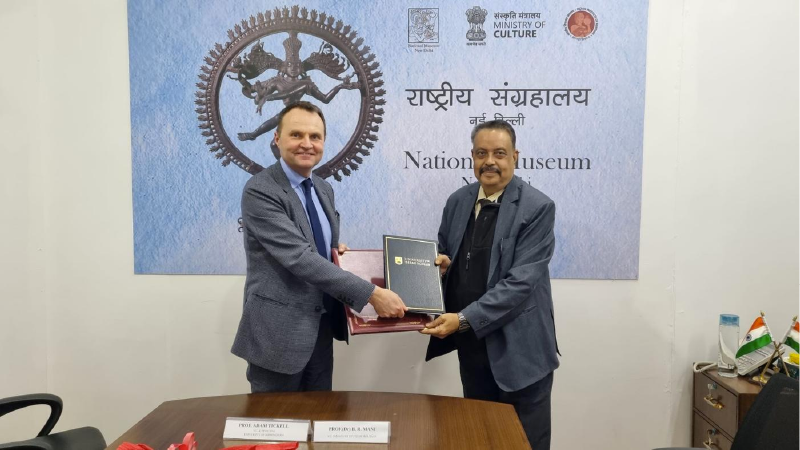
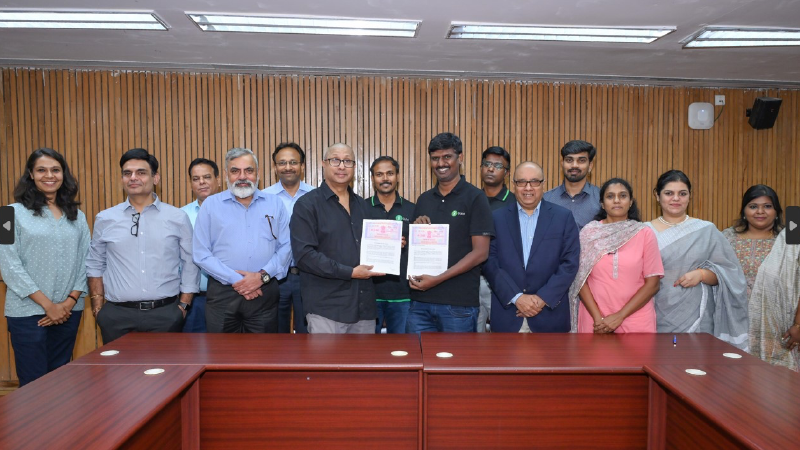
0 Comments
Post Comments